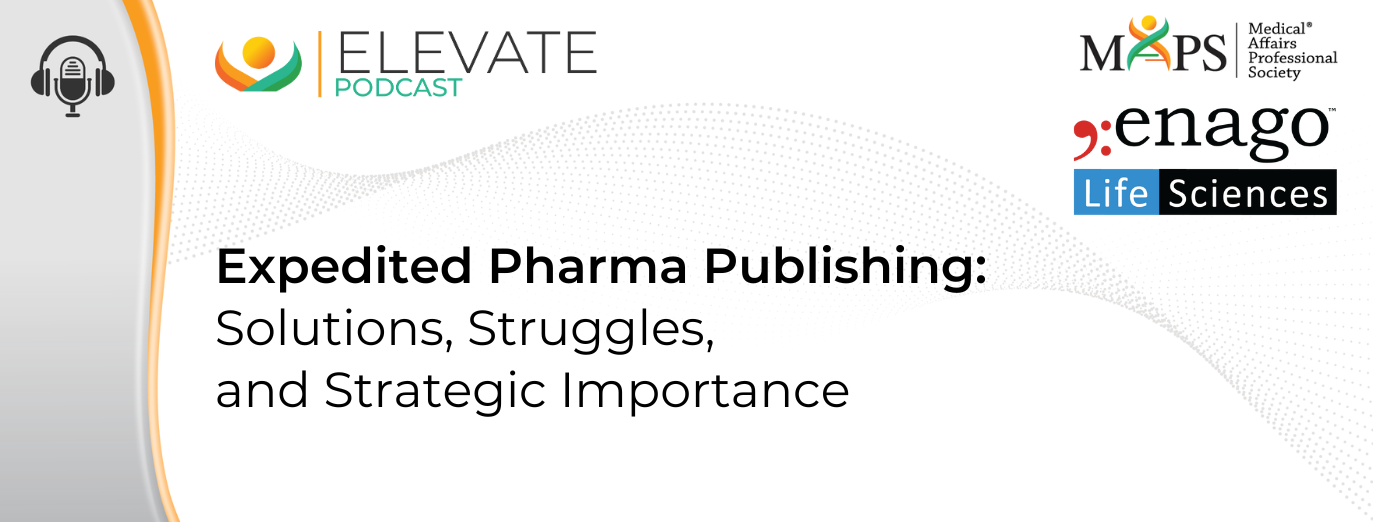In the evolving landscape of medical research and pharmaceutical development, speed and accuracy have never been more critical. Expedited publishing—fast-tracking the communication of vital scientific data—is transforming how we bring new therapies and safety information to healthcare providers and patients.
For medical writers and medical affairs teams, understanding the nuances of expedited publications is essential. It’s not just about working faster—it’s about maintaining scientific integrity while meeting tight deadlines and complex stakeholder demands.
What Exactly Is Expedited Publishing?
In academia, expedited publishing means speeding up peer review and journal publication after manuscript submission. In pharma, however, the race begins much earlier.
Medical writers often start drafting manuscripts concurrently with ongoing studies—sometimes even before the final data are in. This “build the plane while flying it” approach requires meticulous planning, real-time data integration, and close collaboration with cross-functional teams to accelerate internal reviews and approvals.
The goal? To ensure research findings, clinical trial results, and safety updates reach the scientific and medical communities as swiftly as possible. Most importantly health authorities – as they can take the cognizance of its importance as why this requires special attention.
Why Is Expedited Publishing Critical?
1. Rapid Dissemination of Life-Saving Data
Medical affairs professionals know that timely sharing of research can influence treatment decisions, clinical guidelines, and policy. Fast-tracked publications enable physicians, researchers, and regulators to access cutting-edge information, helping improve patient outcomes.
2. Supporting Regulatory and Market Access Efforts
Expedited publications provide pivotal evidence that supports accelerated drug approvals and reimbursement decisions. For example, early publications have been critical in facilitating FDA breakthrough therapy designations and ensuring payers understand the value of new treatments.
Real-World Examples You Should Know
- COVID-19 pandemic: Accelerated publications of vaccine efficacy and treatment protocols changed the course of the pandemic.
- Gene therapies and CAR T-cell treatments: Rapidly shared clinical data helped these novel treatments gain acceptance and adoption.
- Oncology breakthroughs: Pembrolizumab’s expedited publications supported fast-track approvals and informed oncologists worldwide.
- Safety alerts: Fast publication of adverse event reports, such as those linked to vaccines, ensured timely updates to clinical practice.
Challenges Medical Writers and Medical Affairs Face
- Balancing speed with quality: Tight timelines increase risks of errors, incomplete data reporting, or duplication. Maintaining scientific rigor is non-negotiable.
- Regulatory compliance: Publications tied to accelerated approvals must strictly adhere to regulatory guidelines to avoid legal repercussions.
- Resource constraints: Expedited publishing demands extra manpower, coordination, and often longer hours, leading to potential burnout.
- Public scrutiny: Fast-tracked papers are under heightened examination, making accuracy and transparency critical to maintaining trust.
Best Practices for Success in Expedited Publishing
- Start Early and Plan Thoroughly: Begin drafting and stakeholder engagement as early as possible—even before study completion.
- Collaborate Closely Across Teams: Work hand-in-hand with clinical, regulatory, and marketing teams to ensure alignment.
- Prioritize Transparency and Ethical Reporting: Fully disclose all relevant data, including negative results and conflicts of interest.
- Implement Robust Quality Checks: Double down on reviews and fact-checking despite accelerated timelines.
- Prepare for Post-Publication Scrutiny: Have a plan to manage corrections or updates swiftly if needed.
The Bottom Line
For medical writers and medical affairs professionals, expedited publishing is both an opportunity and a challenge. When executed well, it accelerates patient access to innovative treatments and vital safety information. But success requires careful planning, relentless attention to quality, and unwavering commitment to scientific integrity.
In a world where information can literally save lives, your role in delivering timely, trustworthy publications is more important than ever.
Partner with Enago Life Sciences
Enago Life Sciences offers specialized expertise in expedited medical writing and publication support tailored for the pharmaceutical and biotech industries. Their expert teams help you navigate complex regulatory requirements and accelerate your manuscript development without compromising quality.
Learn more about how Enago Life Sciences can help your company publish faster and smarter at lifesciences.enago.com or contact us at services@ls.enago.com.
Listen to the full podcast episode:
Author:
 Dr. Anupama Kapadia
Dr. Anupama Kapadia
General Manager, Enago Life Sciences
Connect with Anupama on LinkedIn


